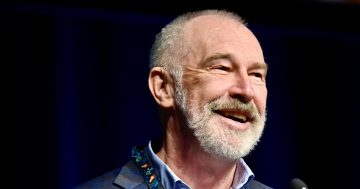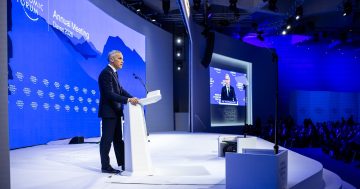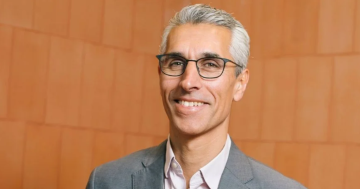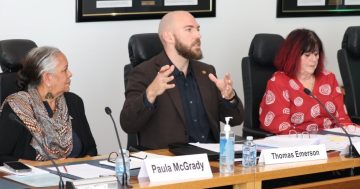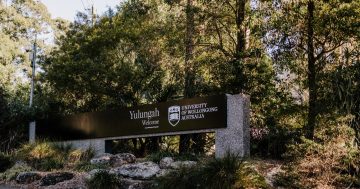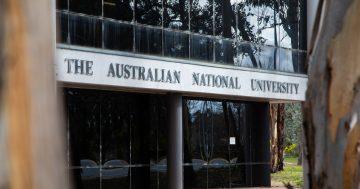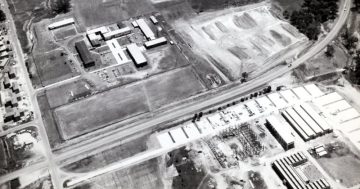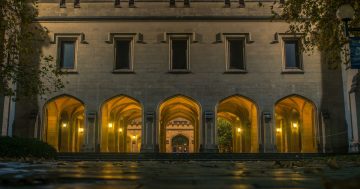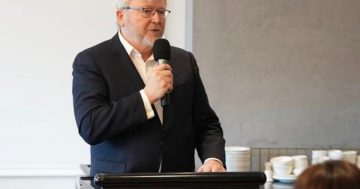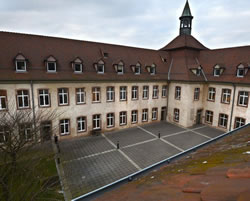 French President, Emmanuel Macron has officially announced the closure of the École Nationale d’Administration (ENA) the elite training centre for senior Public Servants and many political and business leaders.
French President, Emmanuel Macron has officially announced the closure of the École Nationale d’Administration (ENA) the elite training centre for senior Public Servants and many political and business leaders.
Mr Macron, himself a graduate from the school, said the ENA would be replaced by a more socially diverse institution, the Institut du Service Public (ISP).
Speaking to a video-conference of Ministers, heads of leading national institutions and senior public officials, he said the school’s graduates were too remote from the general population they were trained to administer.
Mr Macron first mentioned his aim of closing the ENA following the 2018-2019 ‘yellow vests’ crisis, a disruptive mass protest movement against high living costs and inequality, initially sparked by rising fuel prices.
In his response to protesters demands at the time, the President said it was necessary to select young people “in the image of society”, and “according to their merit and not their social and family origin”.
He commissioned an inquiry into Public Service recruitment under senior Public Servant and legal expert, Fréderic Thiriez, which reported back in February 2020, recommending abolition of the ENA.
If all goes according to plan, the new ISP, located like the ENA in Strasbourg, will offer a core curriculum for institutions specialised in training for services, such as the judiciary, public health and police.
Entry will continue to be by competitive examination, but the process will be reformed to be more socially and culturally open.
New graduates will become members of a single body, State Administrators, and all first postings will be practical, ending the practice of top-performing graduates being posted directly to the most prestigious public institutions.
Final appointments will take place after a few years working on the ground.
The ENA was created in 1945 under the President, Charles de Gaulle as part of post-war plans for recovery and reform.
As well as high-ranking Public Servants and many leaders in the public and private sectors, its graduates include four Presidents, nine Prime Ministers and many Government Ministers.
Paris, 11 April 2021


